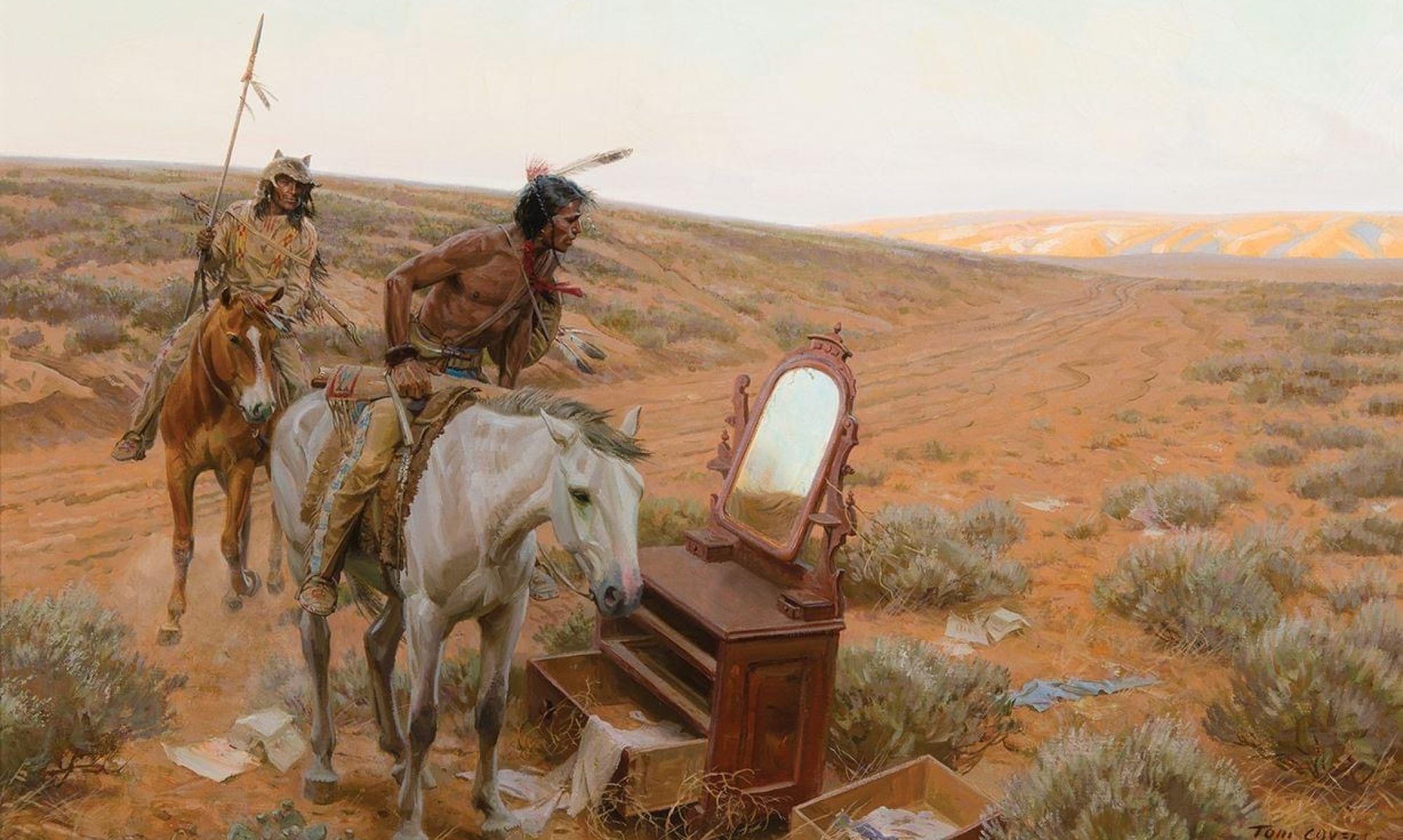A system that depends on growth can survive only if we progressively lose our ability to make reasoned decisions. After our needs, then strong desires, then faint desires have been met, we must keep buying goods and services we neither need nor want, induced by marketing to abandon our discriminating faculties and succumb instead to impulse.
You can now buy a selfie toaster, that burns an image of your own face onto your bread — the Turin Shroud of toast. You can buy beer for dogs and wine for cats; a toilet roll holder that sends a message to your phone when the paper is running out; a $30 branded brick; a hairbrush that informs you whether or not you are brushing your hair correctly. Panasonic intends to produce a mobile fridge that, in response to a voice command, will deliver beers to your chair.
Urge, splurge, purge: we are sucked into a cycle of compulsion followed by consumption, followed by the periodic detoxing of ourselves or our homes, like Romans making themselves sick after eating, so that we can cram more in. Continued economic growth depends on continued disposal: unless we rapidly junk the goods we buy, it fails. The growth economy and the throwaway society cannot be separated. Environmental destruction is not a by-product of this system. It is a necessary element.
The environmental crisis is an inevitable result not just of neoliberalism — the most extreme variety of capitalism — but of capitalism itself. Even the social democratic (Keynesian) kind depends on perpetual growth on a finite planet: a formula for eventual collapse. But the peculiar contribution of neoliberalism is to deny that action is necessary; to insist that the system, like Greenspan’s financial markets, is inherently self-regulating. The myth of the self-regulating market accelerates the destruction of the self-regulating Earth.
[…] There is no environmental rescue plan: to admit the need for one would be to admit that the economic system is based on a series of delusions. The environmental crisis demands a new ethics, politics and economics.”
– George Monbiot

